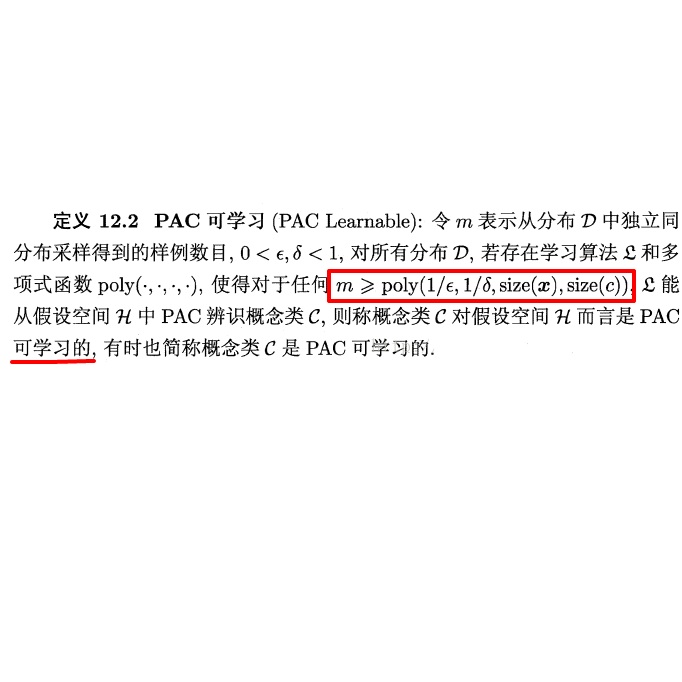We study the aggregate welfare and individual regret guarantees of dynamic \emph{pacing algorithms} in the context of repeated auctions with budgets. Such algorithms are commonly used as bidding agents in Internet advertising platforms, adaptively learning to shade bids in order to match a specified spend target. We show that when agents simultaneously apply a natural form of gradient-based pacing, the liquid welfare obtained over the course of the learning dynamics is at least half the optimal expected liquid welfare obtainable by any allocation rule. This result is robust to the correlation structure between agent valuations and holds for any \emph{core auction}, a broad class of auctions that includes first-price, second-price, and generalized second-price auctions. Moreover, these results hold \emph{without requiring convergence of the dynamics}, %thereby matching prior work that obtains the same bound if agents bid in equilibrium while allowing us to circumvent known complexity-theoretic obstacles of finding equilibria. For individual guarantees, we further show such pacing algorithms enjoy \emph{dynamic regret} bounds for individual value maximization, with respect to the sequence of budget-pacing bids, for any auction satisfying a monotone bang-for-buck property. This generalizes known regret guarantees for bidders facing stochastic bidding environments in two ways: it applies to a wider class of auctions than previously known, and it allows the environment to change over time
翻译:在预算的多次拍卖中,我们研究了动态 \ emph{ 节拍算法 } 的总体福利和个人遗憾保证。这种算法通常用作互联网广告平台的投标代理,适应性地学习对标,以与特定支出目标相匹配。我们显示,当代理同时采用自然的梯度节奏形式时,在学习动态过程中获得的液体福利至少是任何分配规则所能获得的最理想的预期液体福利的一半。这一结果对代理商估值和持有任何 emph{ 核心拍卖}(包括第一价格、第二价格和普遍二价拍卖)之间的相关结构是强大的。这种算法通常用作包括第一价格、第二价格和普遍二价拍卖在内的一系列拍卖的投标代理商。此外,这些结果与先前的工作相匹配的是,如果代理商在均衡中投标,同时又能绕过任何已知的复杂理论障碍来找到平衡。关于个人担保,我们进一步展示这种速度的算法在任何更广义的拍卖中都具有最大价值,这与以往的投标顺序相适应。



